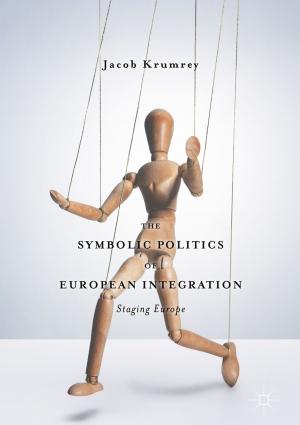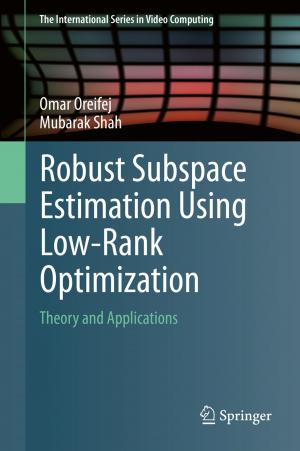Meaning, Narrativity, and the Real
The Semiotics of Law in Legal Education IV
Nonfiction, Reference & Language, Law, Reference, Religion & Spirituality, Philosophy| Author: | Jan M. Broekman | ISBN: | 9783319281759 |
| Publisher: | Springer International Publishing | Publication: | February 29, 2016 |
| Imprint: | Springer | Language: | English |
| Author: | Jan M. Broekman |
| ISBN: | 9783319281759 |
| Publisher: | Springer International Publishing |
| Publication: | February 29, 2016 |
| Imprint: | Springer |
| Language: | English |
This book examines the concept of meaning and our general understanding of reality in a legal and philosophical context. Starting from the premise that meaning is a matter of linguistic and other forms of articulation, it considers the inherent philosophical consequences. Part I presents Klages’, Derrida’s, Von Hofmannsthal’s and Wittgenstein’s explorations of silence as a source of articulation and meaning. Debates about 20th century psychologism gave the attitude concept a pivotal role; it illustrates the importance of the discovery that a word is globally qualified as ‘the basic unit of language’. This is mirrored in the fact that we understand reality as a matter of particles and thus interpret the real as a component of an all-embracing ‘particle story’. Each chapter of the book focuses on an aspect of legal semiotics related to the chapter’s theme: for instance on the meaning of a Judge’s ‘Saying for Law’, on law students training in varying attitudes or on the ties between law and language.
Part II of the book illustrates our general understanding of reality as a matter of particles and partitioning, and examines texts that prove that particle thinking is basic for our meaning concept. It shows that physics, quantum theory, holism, and modern brain research focusing on human linguistic capabilities, confirm their ties to the particle story. In contrast, the book concludes that partitions and particles are neither a fact in the history of the cosmos nor a determinant of knowledge and the sciences, and that meaning is a process: a constellation rather than a fixation. This is manifest once one understands meaning as the result of continuously changing attitudes, which create our narratives on cosmos and creation. The book proposes a new key for meaning: a linguistic occurrence anchored in dimensions of human narrativity.
This book examines the concept of meaning and our general understanding of reality in a legal and philosophical context. Starting from the premise that meaning is a matter of linguistic and other forms of articulation, it considers the inherent philosophical consequences. Part I presents Klages’, Derrida’s, Von Hofmannsthal’s and Wittgenstein’s explorations of silence as a source of articulation and meaning. Debates about 20th century psychologism gave the attitude concept a pivotal role; it illustrates the importance of the discovery that a word is globally qualified as ‘the basic unit of language’. This is mirrored in the fact that we understand reality as a matter of particles and thus interpret the real as a component of an all-embracing ‘particle story’. Each chapter of the book focuses on an aspect of legal semiotics related to the chapter’s theme: for instance on the meaning of a Judge’s ‘Saying for Law’, on law students training in varying attitudes or on the ties between law and language.
Part II of the book illustrates our general understanding of reality as a matter of particles and partitioning, and examines texts that prove that particle thinking is basic for our meaning concept. It shows that physics, quantum theory, holism, and modern brain research focusing on human linguistic capabilities, confirm their ties to the particle story. In contrast, the book concludes that partitions and particles are neither a fact in the history of the cosmos nor a determinant of knowledge and the sciences, and that meaning is a process: a constellation rather than a fixation. This is manifest once one understands meaning as the result of continuously changing attitudes, which create our narratives on cosmos and creation. The book proposes a new key for meaning: a linguistic occurrence anchored in dimensions of human narrativity.















